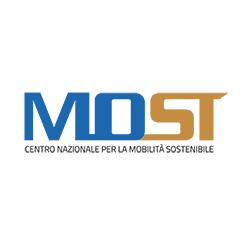There are many issues regarding the mobility of the future (road transport, clean fuels, and so on), but urban mobility is certainly the most difficult one to resolve. All we do is talk about bicycles, electric scooters and cycleways. And then, you find yourself in a city (e.g. Milan) which is much more congested with traffic than in the pre-Covid era, due to the reduced use of urban transport, and with bicycles and electric scooters running on the pavements, avoiding traffic but risking running over innocent pedestrians. Apparently, a cul-de-sac.
Public officers in the world’s most enlightened cities are considering how to solve these problems. At the last EICMA, the Urban Awards for Sustainable Mobility were presented by Ludovica Casellati, the editor of Viagginbici.com. The winner was the city of Genoa, which won a new fleet of e-bikes offered by Bergamont (SCOTT Group) and Bosch eBike Systems, members of Confindustria ANCMA. Every year, this prize is awarded to the best bicycle-related projects implemented by cities across the country.
The Ligurian capital city won the first prize thanks to the Smart Move Project, which includes 40 sustainable mobility measures implemented during the health emergency. 67.8 kilometres of bike lanes and cycleways have already been completed, together with 50 new bicycle parking areas mainly in the city centre and two ‘bikestations’ at railway stations. Bike sharing has been promoted, pedal powered bus and pedibus routes have been identified and the circulation of electric micro-mobility on the road has been promoted.


















